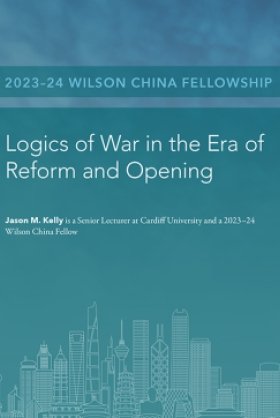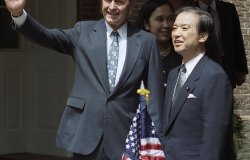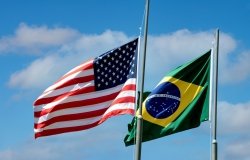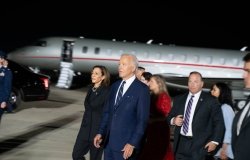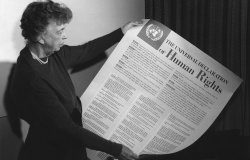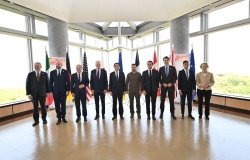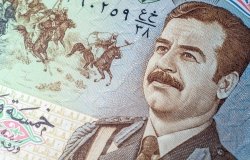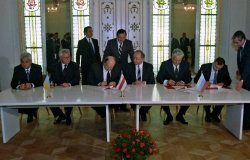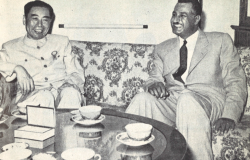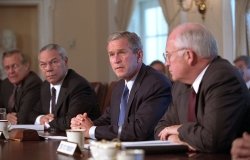#96 The Commonwealth of Caribbean Countries, Diplomatic Decolonization and Relocation: Relations with Hemispheric Middle Powers
By Vaughan Lewis
As the states of the British Caribbean have become fully sovereign, and the veil of colonial protection has been lifted from their relations with other states of the international system, these Caribbean states have in some cases had to reorganise such relationships , and in other cases to establish new relationships with countries with which they previously had minimal or no contact.
This paper discusses the various factors influencing or conditioning this process, which we refer to as one of diplomatic decolonisation and diplomatic relocation. In particular, we discuss the process as it involves relations with the much larger, geographically proximate, states in the Caribbean basin and on its periphery--in particular Venezuela, Mexico, and Brazil, the so-called middle powers.
To this end, we examine the interests and perspectives of these middle powers as they might relate to the new Caribbean states, and the interests and perspectives of the Caribbean states vis-a-vis these middle powers. We examine the various levels of activity of "spheres of diplomatic action" in which the Caribbean states are likely to become involved, and the additional complexity which the involvement of Cuba as a revolutionary country in the area introduces into state perspectives' and into their diplomatic action-spheres.
Finally, it is suggested that middle-power concern with Cuba may induce activity on their part, and an attribution of roles to the new states, that could hinder the development of the Caribbean Community (CARICOM) as an identifiable diplomatic unit in future international relations.
Related Program

Latin America Program
The Wilson Center’s prestigious Latin America Program provides non-partisan expertise to a broad community of decision makers in the United States and Latin America on critical policy issues facing the Hemisphere. The Program provides insightful and actionable research for policymakers, private sector leaders, journalists, and public intellectuals in the United States and Latin America. To bridge the gap between scholarship and policy action, it fosters new inquiry, sponsors high-level public and private meetings among multiple stakeholders, and explores policy options to improve outcomes for citizens throughout the Americas. Drawing on the Wilson Center’s strength as the nation’s key non-partisan policy forum, the Program serves as a trusted source of analysis and a vital point of contact between the worlds of scholarship and action. Read more
